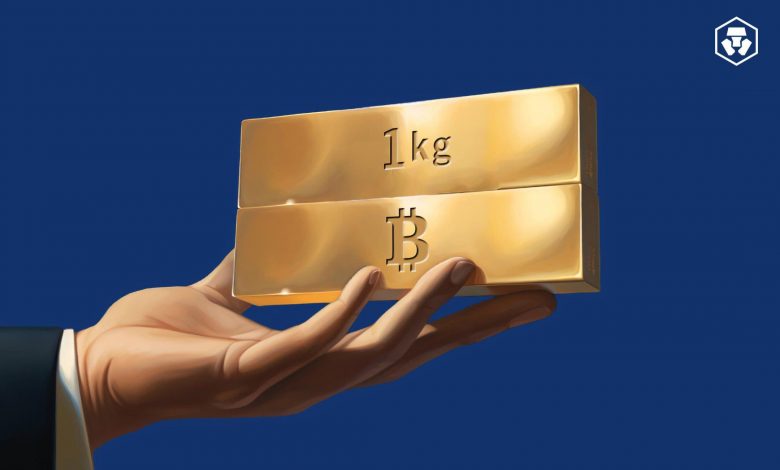The Evolution of Bitcoin: From Digital Currency to Store of Value on BTC Markets

The Evolution of Bitcoin: From Digital Currency to Store of Value on BTC Markets
Introduction
Since its inception in 2009, Bitcoin has come a long way. Initially designed as a peer-to-peer digital currency, it has evolved into something more than just a payment system. Bitcoin has transformed into a store of value, captivating the interest of investors and setting the stage for a new asset class. In this article, we explore the evolution of Bitcoin and its position as a store of value on BTC markets.
The Early Days: Bitcoin as a Digital Currency
In its early days, Bitcoin was primarily used as a decentralized electronic cash system. People could exchange Bitcoin as a form of payment for goods and services, just like any other currency. Its main appeal lay in its ability to offer borderless transactions with lower transaction fees compared to traditional payment methods.
Key Features of Bitcoin as a Digital Currency:
- Decentralized and peer-to-peer transactions
- Low transaction fees
- Fast and borderless payments
The Store of Value Narrative
As Bitcoin gained popularity, a new narrative emerged – Bitcoin as a store of value. This narrative gained momentum due to the finite supply of Bitcoin (21 million coins), making it a scarce asset. Investors started recognizing Bitcoin as a digital equivalent of gold, a hedge against inflation and traditional financial markets.
Factors Contributing to Bitcoin’s Store of Value:
- Scarce supply: Limited availability of 21 million coins
- Decentralization: No central authority or government control
- Immunity to inflation: Bitcoin’s supply is not impacted by economic policies
- Censorship resistance: Transactions cannot be censored or controlled by third parties
Bitcoin as a Store of Value on BTC Markets
BTC markets, including exchanges and trading platforms, have provided a convenient and secure avenue for investors to buy, sell, and store Bitcoin. These markets offer various features like spot trading, futures trading, and custodial services, enabling users to build and manage their Bitcoin portfolios easily.
Why BTC Markets are Ideal for Bitcoin:
- Liquidity: BTC markets offer high trading volumes, ensuring buyers and sellers can transact easily
- Security: Reputable BTC markets implement robust security measures to safeguard users’ funds
- Diverse trading options: BTC markets provide various trading options, including spot trading and futures trading
FAQs
Q1: Is Bitcoin a safe investment?
A1: Bitcoin has its risks, like any other investment. However, it has proven to be a resilient asset and has demonstrated strong growth over time.
Q2: Can I buy a fraction of a Bitcoin on BTC markets?
A2: Yes, BTC markets allow users to buy and sell fractions of Bitcoin, making it accessible to investors with any budget.
Q3: Can I store Bitcoin on BTC markets?
A3: While BTC markets provide custodial services, it is advisable to store large amounts of Bitcoin in secure personal wallets.
Q4: How do I choose a reliable BTC market?
A4: Look for BTC markets with a good reputation, strong security measures, regulatory compliance, and positive user reviews.
Conclusion
Bitcoin has come a long way, evolving from a digital currency to a store of value on BTC markets. Its decentralized nature, scarcity, and immunity to inflation have contributed to its narrative as a digital asset class. BTC markets have played a crucial role in facilitating Bitcoin transactions, making it easier for investors to buy, sell, and store Bitcoin securely. As the cryptocurrency market continues to develop, Bitcoin’s position as a store of value is expected to strengthen further.



